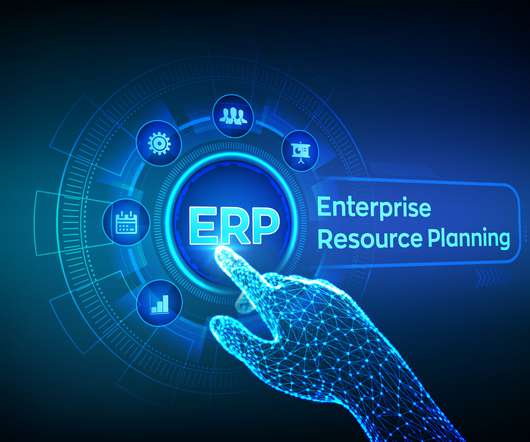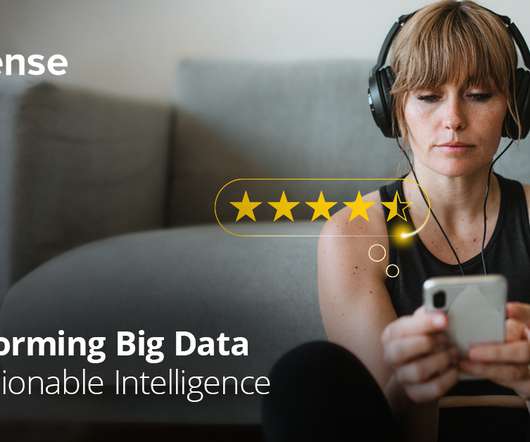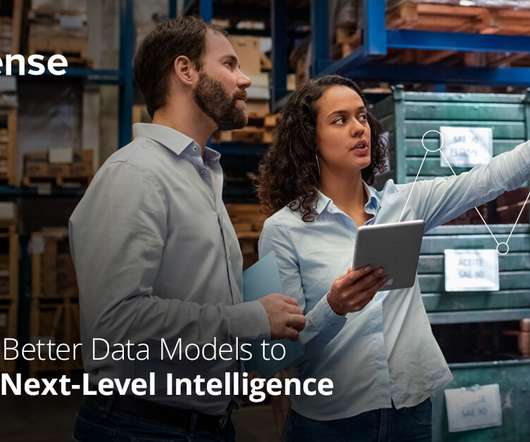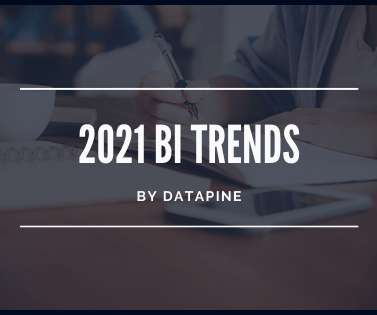ERP Integration Benefits Data-Savvy eCommerce for Distribution Industry
Smart Data Collective
APRIL 7, 2022
There are many reasons that data analytics and data mining are vital aspects of modern e-commerce strategies. These benefits include the following: You can use data analytics to better understand the preferences of your users and provide personalized product recommendations.














Let's personalize your content